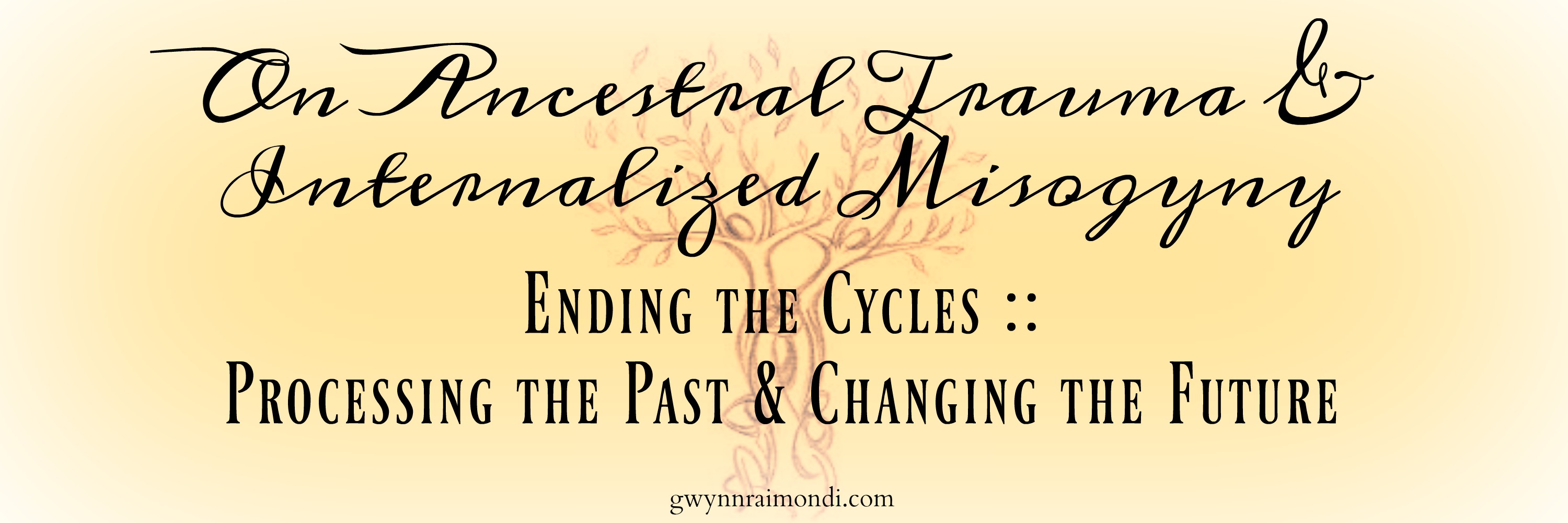The work of a lifetime, the process of individuation, is widening of that spotlight so much that everything is illuminated and you are conscious of and can see your All.
~Sera J. Beak, The Red Book: A Deliciously Unorthodox Approach to Igniting Your Divine Spark
May we…
Unravel our stories of not enough, seeing in them the lies we have been told that have nothing to do with us.
Revolt against the idea that comfort at any and all costs is necessary for our survival
Dismantle the shame we carry in our bones and being
Embrace our beauty, our power, our voice
Realize we no longer need to compromise our integrity, our values, our love for our Self, in order to be loved by another
Release the tales of how we are too much and allow them to scatter on the wind like so much dust
Reclaim our birthrights of respect, honor, and real, honest, and mature love.
Learn to be accepting of the in-between spaces and unknowns as we move through this work, through our lives, through this world.
Find the ways of being that strong, resilient, soft, and loving that have always lived inside us.
Amen.
…
There is still time to join the Becoming Unleashed Circle 2018. Registration will close at 10pm PDT Monday October 1. To learn more and register you can go to http://gwynnraimondi.com/becomingunleashedcircle .
In case you missed the essays exploring the topics and ideas we’ll be examining in this circle, you can find them at the links below:
The Impacts of Inter-generational & Cultural Relational Traumas
Releasing our stories of too much, not enough, & shame
The Goo: A time of Renewal, Restructuring, Re-evolving
Reclaiming our power, strength, & daring
Why the Becoming Unleashed circle?
 No one is innocent in the tide of history. Everyone has kings and slaves in his past. Everyone has saints and sinners. We are not to blame for the actions of our ancestors. We can only try to be the best we can, no matter what our heritage, to strive for a better future for all.
No one is innocent in the tide of history. Everyone has kings and slaves in his past. Everyone has saints and sinners. We are not to blame for the actions of our ancestors. We can only try to be the best we can, no matter what our heritage, to strive for a better future for all.